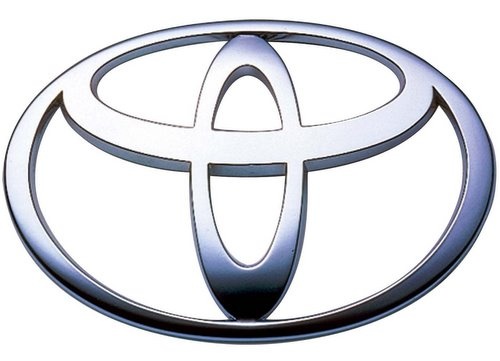Study States Toyota Recalls Didn’t Affect Brand
Tim Esterdahl | Feb 22, 2012 | Comments 5
A recent study produced at North Carolina State University suggests that customer perception of the Toyota brand may not have been affected by the safety recalls that occurred in 2009. Those recalls were due to a malfunction that caused certain Toyota models to accelerate suddenly, which was widely covered by the media. About 9 million vehicles were brought back to dealerships around the country, and many analysts feared that the Toyota brand would suffer irreparable damage.

A recent study has found that the massive Toyota recalls of 2009 didn't have any long-term impact on Toyota's brand.
Despite the dire outlook, some people retained faith in the strength of the Toyota brand. Michelle Krebs, who was an Edmunds analyst at the time, advised Toyota owners to hold onto their vehicles. “Values will stay down for a bit,” she said. “But Toyota’s got really strong brand equity.”
According to the North Carolina University study, which was carried out by Dr. Robert Hammond, it appears that Krebs was right. The study dealt with used car sales, which did decline initially, but prices leveled off by 2010. Overall, the study suggests that Toyota prices are down around 2 percent in comparison to similar used Honda models.
Dr. Hammond, who was also responsible for the Audi study in the 1980s, says that the difference between Toyota and Honda prices is well within the statistical margin of error for the study. That indicates the Toyota brand was probably not affected by the recalls.
Related Posts:
Filed Under: Auto News


Simply because there was no issue with the pedals. If they wanted the SUA it was the tranny doing that. If they wanted runaway pedals then you had to look elsewhere because the media pushed this on Toyota when it didn’t happened. That’s why we still have best resale, now 7 years running the best quality truck, and the safest truck on the block since 07. I wouldn’t move off Toyota even if they tried to give me a Chevy or Ford. Jason I finally changed my brake pads at 130,000 miles and I probably could have made 150k on original pads. With things like that why would I go to another manufacturer? Maintenace is low on these trucks.
I think the main reason for the positive outcome of the study is Toyota will do the right thing if there is a problem. They’ve proved that over the past couple of years. GM, for example, will not. Most of you may not recall the investigation NHSTA launched about two years ago into GM truck brake lines bursting from extensive rust. I do because my brake lines burst in my Sierra–I now have a 2011 Tundra. So, whatever happened to the investigation? Nothing; if a bursting brake line is not a safety issue what is? So, one buying decision for me was “what will the manufacturer do if there is a problem”?
I know Toyota will do the right thing and GM, for a fact, will not.
[…] Posted by kangaroo if only they didn't have that damn sticky pedal recall… Here's the link: Study States Toyota Recalls Didn't Affect Brand | Tundra Headquarters __________________ MIDNIGHT RIDER THE NEW HEARTBEAT OF AMERICA AFTER GAS PEDAL […]
Why would it affect them; Toyota has had less recalls in the last 20 years than any other brand. -Motortrend
Toyota’s quality issues transcended the universe of their customers and exploded onto front pages of newspapers around the world for a prolonged period. Toyota’s definition of stakeholders has forever expanded; how they communicate with the larger public is part of rebuilding trust.